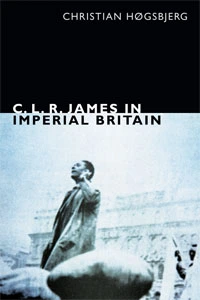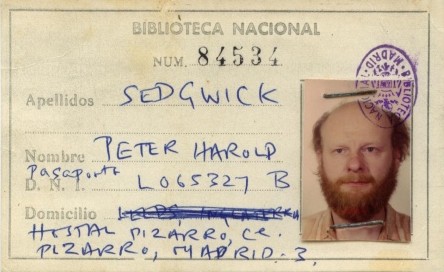Here are three completely (well, not completely) unrelated items from Dave Renton’s excellent “lives; running” blog.
1. What Engels’ supporters did next
This is a nice post on the dissidents in Henry Hyndman’s SDF who broke with the authoritarian social democratic cult (it’s hard not to read the SWP of the last decade or two into Renton’s description) to experiment with a more supple, democratic, libertarian socialism in the Socialist League, in particular Frederick Engels, William Morris, Tom Maguire and Eleanor Marx. The SL, for a while, included both Marxists and anarchists, and represents an important alternative possibility, a path not travelled, in the history of the left. It gave birth (along with Tom Mann, who left the SDF for the ILP) to both the centrist Independent Labour Party and the British anarchist movement.
Renton is harsh on the SL anarchists, over-emphasising their affinity for terror. He talks about the ex-SLers that went into “anarchism of the deed” without mentioning that many of them were actually crucially involved in mainstream anarchism’s turn from insurrectionist violence to syndicalism (again along with Tom Mann) and anarchist-communism. It is also interesting that the ILP, despite being to the right of the SL, maintained good contacts with anarchists on and off; Keir Hardie fought to keep anarchism within the newly formed Second International, for example, and Orwell’s connection with the anarchists represents the coming back together of the two main traditions of the Socialist League.
Finally, I think Renton is overplays the description of the ILP as bureaucratic, reformist and parliamentary. In fact, I think, the ILP kept alive the spirit of Morris – democratic, utopian, anti-parliamentary, critical – within the heart of a labour movement otherwise burdened by the twin curses of reformist social democracy and Stalinism that were the SDF’s bequest.
(If you are interested in this, see also Frank Kitz’s Reflections, including recollections of Morris in the East End, and the late Terry Liddle on the heritage of William Morris.)
 2. A new life of CLR James
2. A new life of CLR James
This is a notice about Christian Hogsbjerg’s new biography of Nello.
It is a compelling book, of the right length for its material (280 pages), which sheds significant light on three aspects of James’ development, first his debt to revolutionary Nelson, second the impact of cricket on his Marxism, third, his (re)discovery of Toussaint L’Ouverture.
James himself stated repeatedly that he learned his revolutionary politics among the Lancashire weavers, and in particular in the small town of Nelson, to which he travelled in 1932 as Learie Constantine’s ghost-writer. Hogsbjerg tracks down details of James’s career as a visiting member of Nelson’s second XI. He finds examples of Nelson being described as a Little Moscow in the 1920s. He locates the source of James’ copy of Trotsky’s History of the Russian Revolution – loaned by a fellow bibliophile Fred Cartmell. He vividly portrays the almost insurrectionary 1931-2 “More Looms” cotton strike, the immediate prelude to James’ arrival in the town. And he finds notes of James’ meetings for the ILP branch in Nelson.
The post-colonial version of James is often these days separated from the Trotskyist version of James, so it is good to see them brought together here. And the story of James encountering dissident Marxism within a milltown ILP branch belies the dismissive version of the ILP in Renton’s Engels post above.
3. Love is run on fascist lines
This is a poem by Peter Sedgwick, written in 1956, the year he made the same move as William Morris, leaving the Communist Party (the inheritor of the SDF tradition) to join Tony Cliff’s Socialist Review group, as Stalin’s tanks rolled into Budapest applauded by the CPGB’s loyalists. The SR group, which became the International Socialists (IS), for a while represented something of the same spirit as Morris’ Socialist League, heavily influenced by the late ILP (the term “Neither Washington nor Moscow” was actually coined by the ILP, although the IS/SWP would claim it as their own). Sedgwick left the IS in 1976 when it became the SWP, i.e. when it took on the role of the SDF (with Cliff as its Hyndman); hindsight shows how right he was.
Anyway, read the poem.

 This is the blog of one of the many fractious factions of the American “Marxist-Humanist” current, the political and philosophical current inaugerated by
This is the blog of one of the many fractious factions of the American “Marxist-Humanist” current, the political and philosophical current inaugerated by  I am a big fan of William Morris, one of Britain’s few original Marxist thinkers, and a key figure in the development of libertarian socialism, as well as a good writer and designer. The William Morris Society tends to lean towards his arts work rather than
I am a big fan of William Morris, one of Britain’s few original Marxist thinkers, and a key figure in the development of libertarian socialism, as well as a good writer and designer. The William Morris Society tends to lean towards his arts work rather than 



